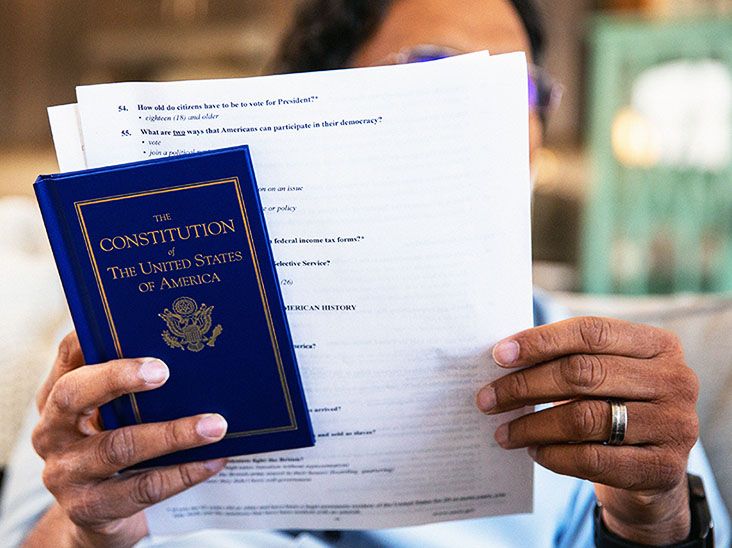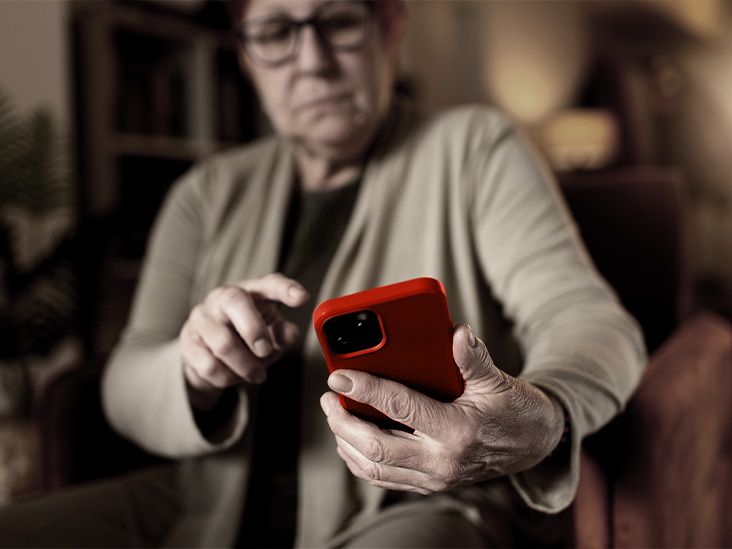Hey there! If you're reading this, chances are you or someone you love could really use a rollator walker. And honestly, that's totally okay we all need a little extra support sometimes, right?
Here's the thing that might surprise you: Medicare might actually help cover the cost of your rollator walker. No more wondering if it's worth the expense or going without something that could make your daily life so much easier. But and this is a big but there are some rules and requirements you need to know about.
Let's chat through this together, just like friends having a cup of coffee. No confusing medical jargon, no frustrating fine print. Just clear, helpful information so you know exactly where you stand.
Understanding Medicare Coverage Basics
First things first, let's talk about what Medicare actually covers when it comes to rollator walkers. I know, the whole Medicare system can feel like navigating a maze sometimes. Trust me, I've been there too.
Medicare Part B does cover rollator walkers, but they fall under what's called Durable Medical Equipment, or DME for short. Think of it like this if it's equipment that's built to last and helps with medical needs, it might qualify.
Now, here's what's really important to remember: your doctor needs to write a prescription saying you medically need the rollator walker. Not just because it would be nice to have, but because you actually need it for your health and safety. The walker also needs to be something you'll use primarily in your home though don't worry, this doesn't mean you can't take it with you when you go out.
Types That Typically Get Approved
Not every rollator walker out there is going to make the cut with Medicare. Let me break down what usually gets the green light:
| HCPCS Code | Device Description |
|---|---|
| E0143 | Wheeled walker (2, 3, or 4 wheels) |
| E0156 | Seat attachment for wheeled walker |
| E1038 | Transport chair conversion package |
You might be thinking, "But what about that fancy rollator I saw online?" I get it there are some really cool options out there these days. Brands like Rollz Motion and others that are PDAC-approved tend to have better luck with Medicare approval.
Who Actually Qualifies?
This is where things get really important. Medicare isn't just handing out rollator walkers willy-nilly there are specific qualifications you need to meet. Let's walk through them together.
First off, you need to have legitimate mobility issues that are affecting your daily life. We're talking about things that make simple tasks like getting dressed, cooking, or even moving around your house a real challenge.
Here's a common scenario I've seen: someone can't use a regular walker anymore because they get too tired or have balance problems. If that sounds familiar, you might be in luck.
The key is that the rollator walker needs to actually help improve your mobility at home. It's not about convenience it's about medical necessity.
What Documents You'll Need
Okay, so you think you might qualify. What do you need to make this happen? Don't worry, it's more straightforward than it sounds.
First, you'll need a prescription from your doctor. This isn't just a quick note it should include a proper diagnosis code. Your doctor will need to see you in person before writing this prescription, thanks to something called Final Rule 1713. I know, more rules, but this is actually meant to protect you and make sure you're getting what you really need.
You'll also need something called a Written Order Prior to Delivery, or WOPD. Sounds official, right? Basically, it's just documentation that says, "Yes, we've ordered this before you get it."
Here's a pro tip that might save you some headaches: make sure whoever is supplying your rollator walker is actually enrolled in Medicare. Trust me, this little detail can save you from some serious financial stress later on.
Breaking Down the Costs
Now, let's talk about the money side of things. I know this is probably what's really on your mind, and I don't blame you one bit.
In 2025, Medicare has a Part B deductible of $226. Once you meet that, you'll typically pay about 20% of the Medicare-approved amount for your rollator walker. Medicare covers the other 80%, assuming your supplier accepts assignment.
Let me give you a real-world example: if a rollator walker costs around $100, you'd be looking at roughly $20 out of pocket after Medicare does their part. Not bad, right?
Rent or Buy Decision
Here's a question I get all the time: should you rent or buy your rollator walker? It's kind of like deciding whether to rent or buy a car it really depends on your situation.
| Option | When It Makes Sense |
|---|---|
| Buy | For long-term use and regular wear |
| Rent | Temporary injuries or short-term use |
| Hybrid plans | Some DME suppliers offer flexible terms |
If you know you're going to need this walker for a while, buying might make more sense in the long run. But if you're recovering from surgery or dealing with a temporary condition, renting could be the way to go.
Choosing the Right Supplier
This might seem like a small detail, but trust me, it's huge. You can't just order from anyone and expect Medicare to cover it.
Your supplier needs to be enrolled in Medicare, and they need to accept assignment. What does that mean? It means they agree to accept what Medicare pays as full payment, minus your coinsurance or copayment.
I've seen too many people get stuck paying full price because they didn't check this beforehand. Don't let that happen to you!
Avoiding Common Mistakes
Let me share some red flags I've noticed that can cause problems:
- Paying full price upfront because the supplier doesn't accept assignment
- Getting a written order after the delivery Medicare will deny the claim
- Wrong HCPCS codes on claims this leads to rejection or partial payment
The biggest piece of advice I can give you? Call your local Medicare-approved DME provider before you order anything. It might seem like an extra step, but it can save you so much stress and money in the long run.
What About Fancy Features?
I know what you're thinking those rollators with all the bells and whistles look really appealing. But here's the reality check: Medicare is pretty strict about what they'll cover.
Things like decorative baskets, custom colors, or waterproof seat cushions? Those are usually considered enhancements and won't get covered. Power-assist features? Sorry, but Medicare doesn't consider those part of standard Durable Medical Equipment.
| Feature | Medicare Coverage Status |
|---|---|
| Hand brakes | Only if part of approved model (e.g., E0147) |
| Decorative baskets/frames | Enhancement accessory not covered |
| Waterproof seat cushions | Enhancement needs prior authorization |
| Electric add-on kits | Not covered; not considered standard DME |
Here's my advice: pick a solid, reliable rollator walker that meets your basic needs. Save the fancy stuff for gifts or personal purchases that you don't expect Medicare to cover.
More Than Just Mobility Help
You know what? Getting a rollator walker isn't just about making walking easier it's about getting your independence back.
I remember talking to someone whose mom was hesitant about using a rollator walker at first. She worried it would make her look old or frail. But once she started using it, everything changed. She could cook again without worrying about falling. She took her dog for walks. She went grocery shopping without fear.
That's the real magic of these devices they're not about what you can't do anymore, they're about what you can do again.
Is a Rollator Right for You?
Here are some questions to think about:
- Do you find yourself losing your balance more often?
- Does walking cause you fatigue or pain?
- Has using a cane stopped being enough support?
If you're nodding your head to any of these, it might be time to have a conversation with your doctor about whether a rollator walker could help.
Taking Action Today
Alright, friend, here's where we wrap this up. The bottom line is this: Medicare does cover rollator walkers, but there are specific rules you need to follow.
You'll need a prescription from your doctor, your supplier needs to play by Medicare's rules, and you'll pay 20% after meeting your Part B deductible. But honestly, that's a pretty good deal when you think about what it could do for your quality of life.
Don't let confusion about the process keep you from getting the help you deserve. Reach out to a Medicare-approved DME supplier and ask them to walk you through everything. They're there to help!
And remember, this isn't just about saving money or following rules. It's about staying safe, staying mobile, and staying independent. Those things matter they really do.
So what do you say? Are you ready to take that first step toward getting the support you need? Your future self will thank you for it.
FAQs
What Medicare part covers rollator walkers?
Medicare Part B covers rollator walkers as Durable Medical Equipment (DME). After you meet the Part B deductible, you typically pay 20% of the Medicare‑approved amount.
Do I need a doctor’s prescription for a rollator walker?
Yes. A written prescription with a proper diagnosis code is required. The doctor must evaluate you in person before issuing the order.
Can I rent a rollator walker through Medicare?
Medicare allows both rental and purchase. Rentals are covered for up to 13 months when the device is needed temporarily, such as after surgery.
Which HCPCS codes are used for rollator walkers?
Common codes include E0143 for a wheeled walker (2‑4 wheels), E0156 for a seat attachment, and E1038 for a transport‑chair conversion package.
How much will I pay out‑of‑pocket?
After the $226 Part B deductible is met, you usually pay 20% of the Medicare‑approved price. For a $100 walker, your cost would be about $20.
Disclaimer: This article is for informational purposes only and does not constitute medical advice. Always consult with a healthcare professional before starting any new treatment regimen.
Related Coverage
Compare Michigan Medicare plans and choose the right coverage for your health needs. Get support and save money....
Learn if you qualify for Medicare with a green card. Understand work history, residency rules, and how to enroll in Medicare as a permanent resident....
Knowing the red flags like isolation, mood swings, controlling behavior and fear in toxic relationships can empower you to regain your self-worth and walk away....
Quick ways to spot and stop Medicare scam calls, protect your personal info, and report fraud with confidence and ease....
Find the best Maryland Medicare plans for your needs. Compare options like Medicare Advantage, Medigap, and Part D to choose wisely....
Know your Medicare guaranteed rights to secure coverage without discrimination. Get the protection you deserve when it matters most....
Discover how the humble crossword puzzle, with its cognitive challenges and ability to tap into resilient skills, may be more effective than video games in preserving mental abilities as we age....
A Medicare broker helps you choose the best Medicare plan without charging you. Get personalized help finding coverage that fits your needs....
Get your free Medicare wellness visit every year. No cost, no copay. Stay healthy and catch risks early with this preventive care benefit....
Tai chi gently improves flexibility through flowing movements like knee rotations, ankle sways, and hip circles. Research shows it significantly reduces falls in the elderly....









